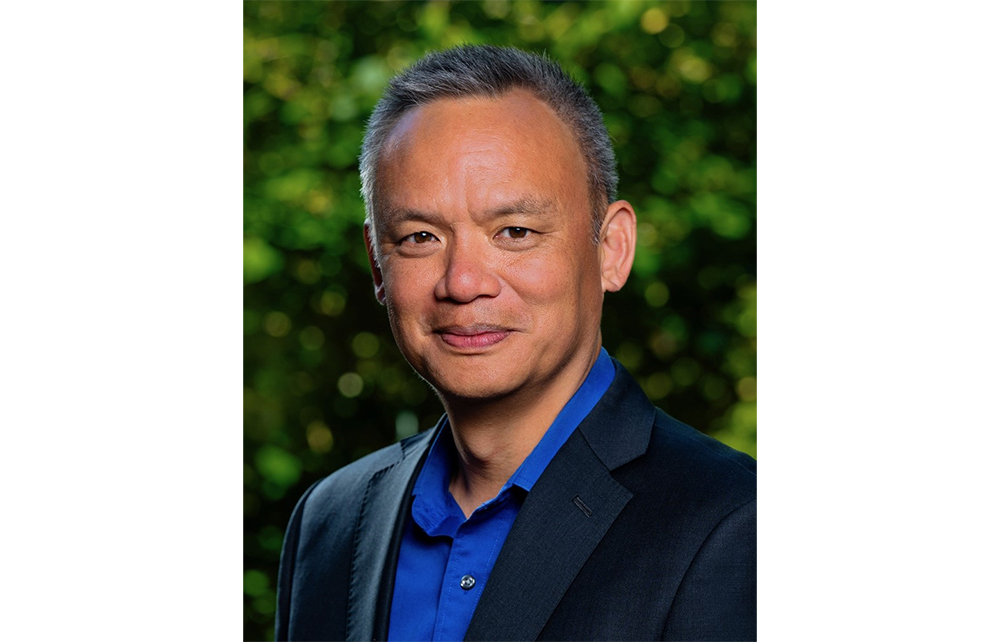As a child, Edward Wong had no idea that his father had been in the People’s Liberation Army. The only uniform the young Wong associated with his parent was the red blazer of Sampan Café, the Chinese take-away his father worked at in Virginia. China was seldom spoken of, with Wong getting only snatches and hints of what seemed like a painful family history – one the adults were keen to brush over. But, like many second-generation immigrants, Wong gravitated towards his father’s homeland in a bid to better understand the man. His parents’ silence only compounded the enigma.
Wong attended Xi’s military parades in central Beijing, just as his father had for a different Chinese leader
The quest took him to study China at graduate school and, after five years reporting in Iraq for the New York Times, to become a correspondent in Beijing in 2008. In his eight years reporting from China and the time since, he has had a front-row press-pack seat to watch the rise of Xi Jinping, the CCP’s tightening grip on the country’s restive borderlands in Xinjiang, Tibet and Hong Kong, and the souring of relations between the ‘two empires’ of China and the US. His father often seemed to be on his mind, and the result is At the Edge of Empire – a touching family memoir that cleverly (sometimes too cleverly) contrasts the elder Wong’s path through China with the younger’s reportage in the same regions decades later.
In 1950, the 18-year-old Yook Kearn Wong travelled to Beijing to take up a place at university in the new People’s Republic of China, against the advice of his parents in Hong Kong, then a British colony. He was so swayed by nationalistic fervour that he dropped out within months and signed up for military service. His time with the PLA took him to the country’s north-eastern corner, and then the north-west.








Comments
Join the debate for just £1 a month
Be part of the conversation with other Spectator readers by getting your first three months for £3.
UNLOCK ACCESS Just £1 a monthAlready a subscriber? Log in